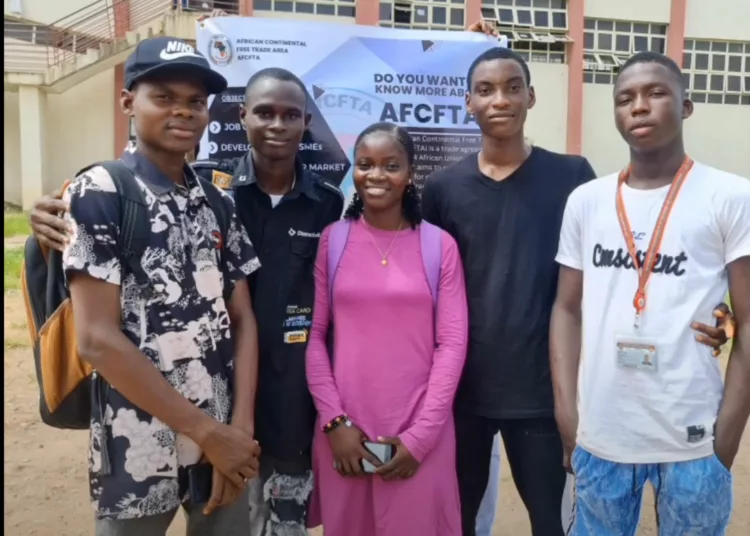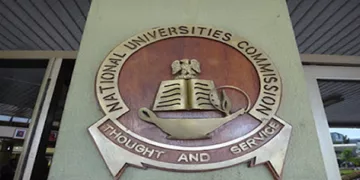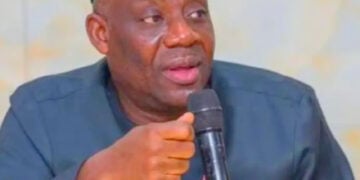Following a thorough assessment by expert judges, Africa’s Future Economic Leaders (AFEL) has unveiled the winners of its inaugural Economic Impact Challenge, with Nigerian students dominating the awards.
The AFEL Economic Impact Challenge featured two distinct categories: the Prize for Economic Policy Advocacy and the Prize for Outstanding Research and Presentation. The intention behind these categories was to educate students about the significance of advocating for policy implementation and to encourage critical thinking about how continental policies can benefit local businesses.
In Category one, centered on ‘Policy Advocacy and Implementation,’ the University of Ibadan secured the first position, trailed by Obafemi Awolowo University and Babcock University in third place.
Category two, focusing on ‘Policy Research and Presentation,’ saw the University of Ibadan clinch the first place, followed by Obafemi Awolowo University in second place and Adekunle Ajasin University in third place.
Held from October to December 2023, this challenge not only acknowledges the importance of youth-driven solutions but also underscores AFEL’s commitment to fostering economic awareness and innovation across Africa.
In a press statement shared with LEADERSHIP, the Initiative’s co-convener, Awakessien Mekitmfon, explained that the AFEL’s Economic Impact Challenge aims to inspire research, creativity, and active participation among economics and law students. Its primary focus is to enhance their understanding and capacities regarding continental policies like the African Continental Free Trade Agreement (AfCFTA).
Mekitmfon highlighted, “AFEL’s programs and initiatives align with the United Nations’ Sustainable Development Goals (SDGs) and the African Union’s Agenda 2063 to shape Africa’s future.”
The challenge’s inaugural cohort targeted universities in Nigeria’s South-West region, gathering talented individuals from eight different institutions. Mekitmfon emphasized that each participant brought unique visions for Africa’s economic future, representing their university.
“The project’s objective emphasized promoting youth participation in the economy, aligned with SDGs 8 and 9, and achieving gender parity. Out of the 53 Nigerian tertiary institution students directly involved, 30 were females and 23 were males. These students showcased a deep comprehension of economic challenges and presented innovative solutions in line with AFEL’s vision of supporting youths to drive economic development in Africa,” revealed the co-convener.
During the feedback session, the coordinating team expressed gratitude to the participants for their valuable contributions, praising them for their profound understanding of economic challenges and their innovative solutions that resonate with AFEL’s vision.
Participants commended the organizing team for providing a platform that promotes a practical understanding of complex economic concepts beyond their regular educational scope.
In the first quarter of 2024, the Economic Impact Challenge will expand to involve youths from the remaining geopolitical zones of Nigeria through their universities, demonstrating the program’s dedication to creating sustainable impacts across Africa.
We’ve got the edge. Get real-time reports, breaking scoops, and exclusive angles delivered straight to your phone. Don’t settle for stale news. Join LEADERSHIP NEWS on WhatsApp for 24/7 updates →
Join Our WhatsApp Channel










